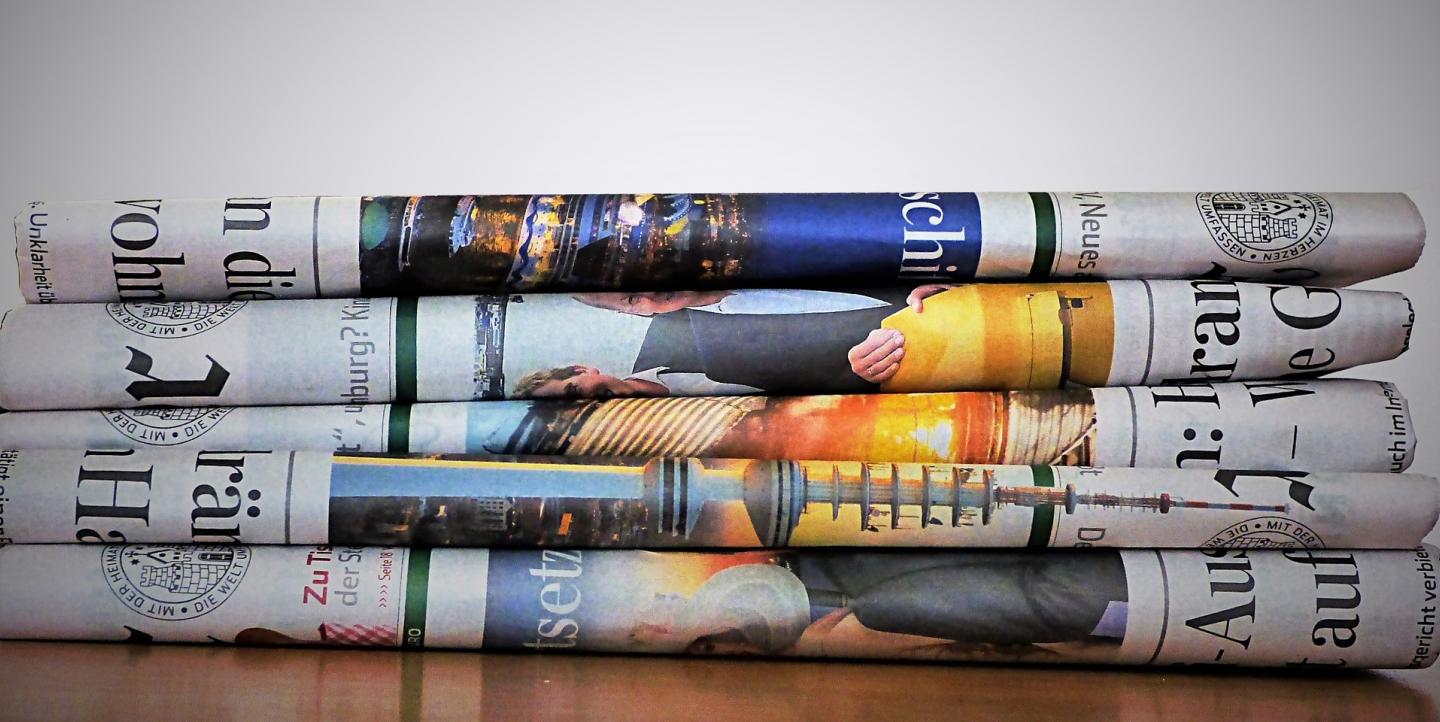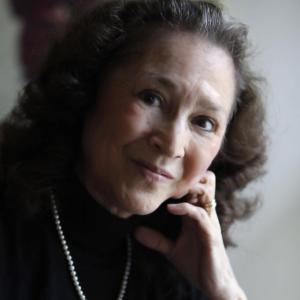A conspiracy theory in Nigeria began, as many often do, on social media. The rumor claimed that Nigeria’s President Muhammadu Buhari, 75, was dead, and that he had been replaced by an imposter who had undergone surgery to pass as a look-alike.
Nigeria’s Guardian newspaper reported that “several videos repeating the claims have been viewed on Facebook, Twitter and YouTube more than 500,000 times.”
This is just one example of the reports that have been spreading ahead of Nigeria’s February 2019 election, that inspired media professionals from over a dozen Nigerian news outlets to get involved. They are joining forces to investigate and accurately report on misleading and false information about the candidates, political parties and campaign activities so that false information does not sway voters, impacting election results
In November, a new media watchdog group went in search of the truth.
The organization, CrossCheck Nigeria, investigated the claim of Buhari’s death and found no evidence to support it. Reports linked members of the opposition to the fabrications.
First Draft, the United Kingdom’s leading fact-checking organization, provided the technology and expertise to help launch the project in November. First Draft’s other initiatives, Comprova in Brazil and CrossCheck France, provided models for the operation.
Nigeria’s political landscape was rife with fabrication, exaggeration and outright lies when CrossCheck began planning strategy for the upcoming election.
“The last few months showed not only that politicians would willfully weaponize information to gain political advantage and hurt opponents, but [it also showed] the enormous damage that fake news can wreak on our polity,” said Dayo Aiyetan, founding director of the International Centre for Investigative Reporting (ICIR) in Nigeria, which is overseeing the project.
Today, around 50 journalists from print, broadcast and online media are involved with CrossCheck. Many of them attended a two-day boot camp in Lagos — led by a trainer from Brazil’s Comprova — to learn advanced skills in discovering and debunking misinformation.
How did ICIR convince the country’s news outlets to cooperate?
“To tell the truth, it was not easy. They are fiercely competitive and used to doing it alone,” said Aiyetan. “It took a lot of work; visiting media houses and convincing them of the need, not only to work on verification together — like one newsroom — but also coordinating our reports.”
Nigeria’s news managers were, however, already worried about how to handle the deluge of fake news in the political campaigns. “We only had to paint the scenario of the huge damage it could do if left unchecked,” said Aiyetan, a veteran investigative journalist.
Participating newsrooms monitor CrowdTangle and TweetDeck to gauge public attention to the issues. Journalists check websites and social networks using keywords related to the political scene.
The key is cooperation. Journalists share notes, sources and verification process, which are all filed on a central database. Aiyetan explained that at least five senior journalists must agree on the conclusion of a report before it is published on the project website.
Among benefits of CrossCheck, improving accuracy and credibility of Nigeria’s media, building public trust and providing citizens with tools to recognize misinformation. There also is a strong appeal for public feedback.
The CrossCheck website asks the users to send any links or tips via WhatsApp, Twitter or Facebook.”
Aiyetan views CrossCheck as a major step for Nigeria’s media “to proactively deal with this menace,” and so far, there has been little break in the action.
For example, in a Dec. 14 posting, CrossCheck debunked an online report quoting President Buhari’s wife saying, “Anyone who votes for my husband is a fool.”
The article had been shared 22,000 times on Facebook, with thousands of online posts repeating the lie. CrossCheck found no evidence of Aisha Buhari making that statement.
CrossCheck Nigeria’s partner newsrooms include The Premium Times, Daily Trust, News Agency of Nigeria, The Guardian, Agence France-Presse, The Nation, Tribune, This Day, Africa Check, The Sun, Channels Television, The Cable, Freedom Radio, First Draft, Sahara Reporters and The University of Lagos’ Department of Mass Communication.
For readers interested in honing their own fact-checking skills, the following is a list of resources from First Draft that are available free online.
-
A five-unit course on online fact-checking processes designed for journalists. There is also a shorter course for the general public. The courses includes information on the meaning of verification, the tools involved, skills for verifying the authenticity, time and location of photographs and an overview on how to investigate digital footprints.
-
A three-part report on the website that lists the seven common forms of information disorder and a glossary of terms such as botnet, datamining, sock puppet, troll and other terms found in the fact checkers’ toolbox.
-
A First Draft report to the Council of Europe on ”Information Disorder: An interdisciplinary framework.”


